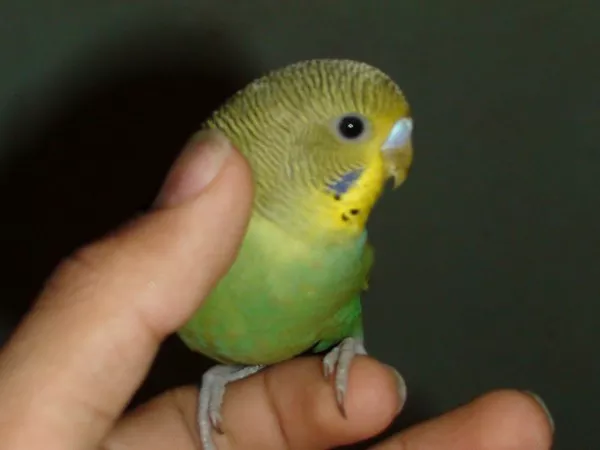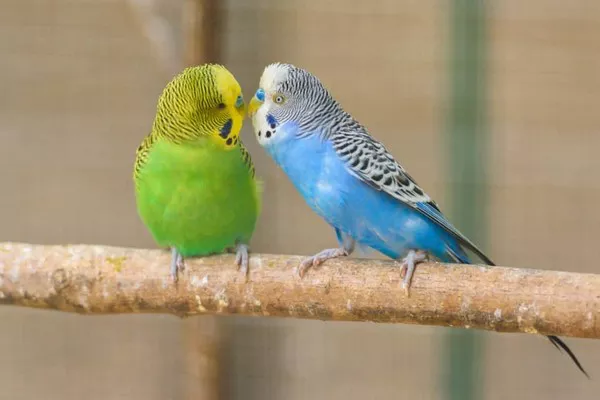Cockatiels, with their charming personalities and distinctive crests, have long been favored as popular pet birds around the world. For potential pet owners, understanding the lifespan of these avian companions is essential for making informed decisions about care and commitment. In this article, we delve into the factors that influence the lifespan of cockatiels, offering insights into their longevity and the steps that can be taken to ensure they live healthy and fulfilling lives.
Average Lifespan of Cockatiels
Cockatiels, scientifically known as Nymphicus hollandicus, are known for their relatively long lifespans among companion birds. On average, a well-cared-for pet cockatiel can live anywhere from 15 to 25 years. However, with proper care and attention to their physical and emotional needs, some cockatiels have been known to live beyond the age of 30. Understanding the factors that contribute to their lifespan can play a pivotal role in extending their time as cherished family members.
Factors Affecting Cockatiel Lifespan
Several factors influence the lifespan of cockatiels, ranging from genetics to environment, diet, and overall care. By addressing these key factors, pet owners can greatly enhance their cockatiels’ quality of life and longevity.
Genetics: Genetic predisposition plays a significant role in determining a cockatiel’s potential lifespan. Responsible breeders who prioritize health and selective breeding can contribute to the overall genetic health of the birds they produce.
Diet and Nutrition: Providing a well-balanced diet is crucial for the health of cockatiels. A diet rich in high-quality pellets, fresh fruits, vegetables, and occasional treats ensures they receive the necessary vitamins, minerals, and nutrients for optimal health.
Exercise and Mental Stimulation: Regular exercise and mental stimulation are essential for preventing obesity and maintaining a healthy weight. Providing opportunities for flight, exploration, and interaction with toys encourages physical and mental well-being.
Social Interaction: Cockatiels are social creatures that thrive on companionship and interaction. Isolation or lack of social engagement can lead to stress and loneliness, which may affect their overall health and lifespan.
Environmental Conditions: A suitable and comfortable living environment is crucial for cockatiels. Proper cage size, appropriate perches, and controlled temperature and humidity levels contribute to their well-being.
Veterinary Care: Regular veterinary check-ups are essential for monitoring the health of cockatiels and identifying potential issues early. Annual wellness exams, along with prompt attention to any signs of illness, can contribute to a longer lifespan.
Hygiene and Cleanliness: Maintaining a clean living environment is important for preventing the spread of diseases and infections. Regular cleaning of the cage and accessories helps keep cockatiels healthy.
Avoiding Toxins: Cockatiels are sensitive to many common household toxins, including certain cleaning chemicals, aerosols, and fumes. Minimizing their exposure to these substances is essential for their well-being.
Stress Reduction: Minimizing stressors such as sudden changes, loud noises, or disruptions in routine can contribute to a more relaxed and content cockatiel, positively affecting their lifespan.
Companionship: Providing opportunities for social interaction with humans and, in some cases, other compatible birds can help fulfill their social needs and prevent feelings of loneliness.
Conclusion
The lifespan of cockatiels is influenced by a combination of factors, including genetics, diet, environment, social interaction, and overall care. By understanding these factors and taking proactive steps to provide a healthy, enriching, and stress-free life, pet owners can significantly contribute to extending the lifespan of their beloved cockatiel companions. As these charming birds bring joy and companionship to households around the world, responsible and informed care ensures that their presence remains a cherished part of our lives for many years to come.
Related Topics:


























